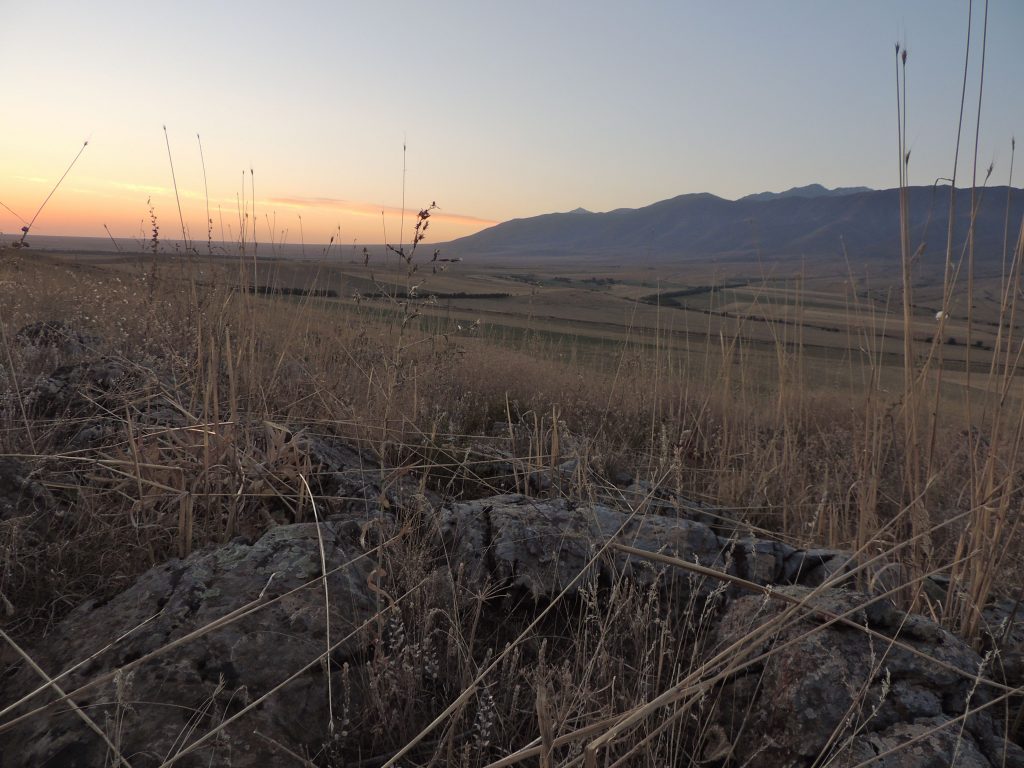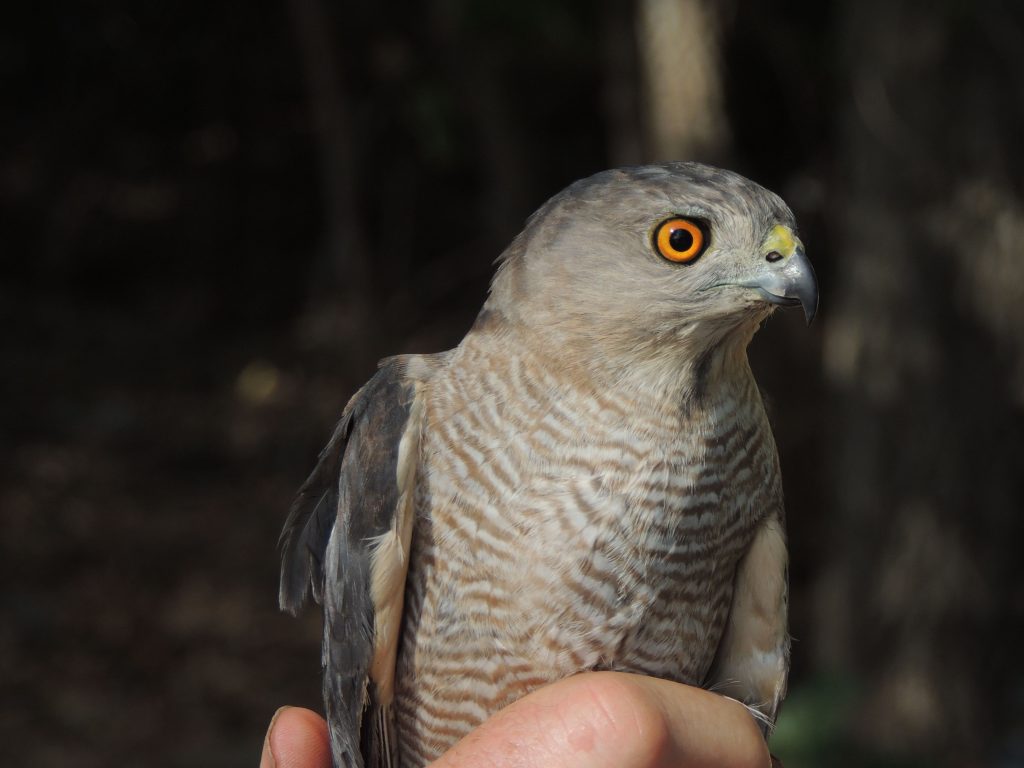Sept 2 2016. Chokpak Pass, Kazakhstan. Taking the overnight train from Almaty to Chokpak was strategically wise; it got us from A to B while we slept. The train was utilitarian and the line, if you were inclined to enjoy two days of it, led all the way to Moscow. On-board bunks provided all you needed for a night’s rest but drawing the short straw for a top bunk complicated things. There is little I can say good about a top bunk at 2 a.m and the contortional acrobatics needed to get down to floor level, to stagger along a rocking and careening corridor to find the cubby-hole of a toilet that really should be serviced more frequently; I’m being polite.
Still we got to our destination efficiently by mid-morning the next day. Chokpak Pass is a wide opening between two ridges, Zabaglytau (Talassky Alatau) and Boroldai (Karatau) of the Western Tien Shan mountains. I certainly understand if that’s rather meaningless but if you really want to see more try going to Shakpak Ata on Google Maps and you’ll be close enough. (Our precise location was 42.530280, 70.605654)

Our camp on the edge of a narrow tract of Siberian Elm forest, comprised a cooking and dining tent, a couple of wheeled bunkhouses, rudimentary but workable washing areas, a hole-in-the-ground outhouse and importantly a small, pentagonal galvanized steel banding lab. It was all very functional and we were comfortable.
As we familiarized ourselves with this new home and started to get some idea of what to expect, Almat, one of our Kazakh ornithologist companions, came into the dining tent and asked if we knew Shikra. I’d say that yes, basically I’d heard of a Shikra but really wouldn’t know one if I saw it; a hawk with legendary hunting skills and a name to match would have been my best guess. With that Almat produced one from behind his back, just caught in the station’s Heligoland trap (about which more later.)

Shikras are accipiters just like our familiar Cooper’s Hawk. What makes them different is their decidedly pale plumage and, to distinguish them from other accipiters like the Eurasian Sparrow Hawk, a dark streak at the throat. Shikra, an almost onomatopoeic word, means ‘hunter’ in the Hindi language and among Indian falconers they were a favourite because they are fearless, capable hunters and relatively easy to train.
Again, like the many “I-never-imagined-I’d-see-one-in-my-lifetime” sightings of earlier, here was one of those almost mythical birds.